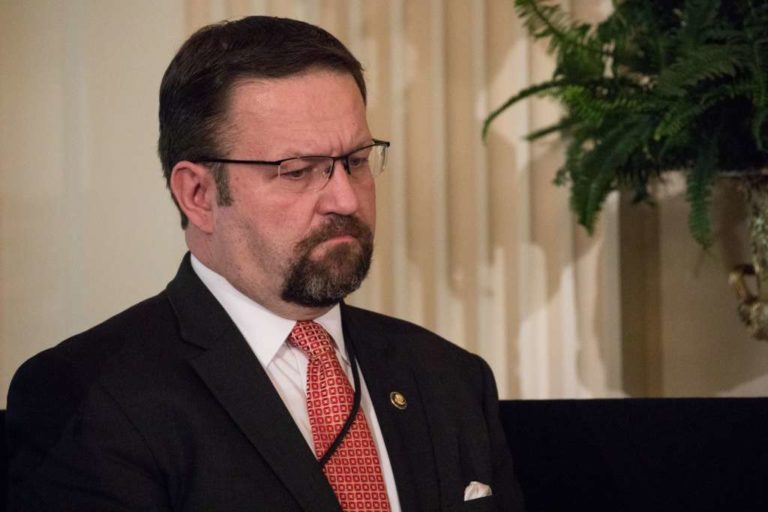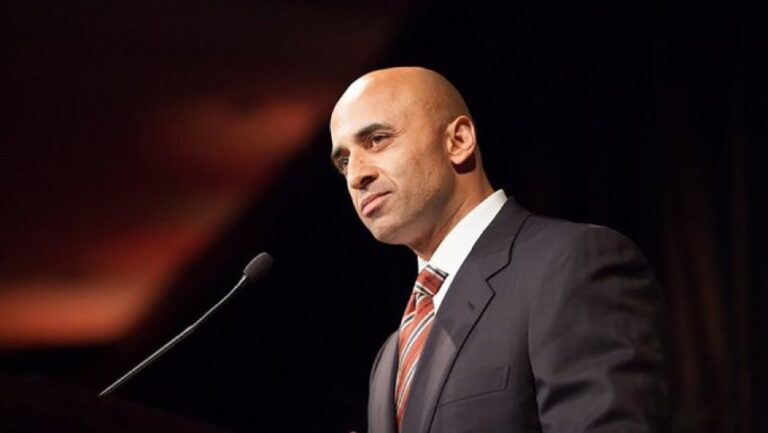 The United States is holding back $800 million in aid to Pakistan, President Barack Obama’s chief of staff said Sunday.
The United States is holding back $800 million in aid to Pakistan, President Barack Obama’s chief of staff said Sunday.
Appearing on ABC’s “This Week,” White House Chief of Staff William Daley confirmed a report in the New York Times that the aid was being withheld.
While Pakistan has “been an important ally in the fight on terrorism,” Daley said, “now they’ve taken some steps that have given us reason to pause on some of the aid which we’re giving to the military, and we’re trying to work through that.”
A spokesman for the Pakistani military told CNN the military was not informed of any such plan.
“Since we haven’t received anything in writing,” Maj. Gen. Athar Abbas said, “we will not comment on this matter.”
Senior U.S. officials, who declined to speak on the record because of the sensitivity of the situation, said the curtailing of aid, which represents a third of U.S. security assistance to Pakistan, was done both to pressure Pakistan to crack down on militants and as retribution for expelling U.S. military trainers.
The funding includes $300 million to compensate Pakistan for the cost of deploying more than 100,000 troops to its border with Afghanistan to combat extremists. Hundreds of millions in training assistance and military hardware is also on the chopping block.
Additionally, officials said that still other portions of the aid cannot be sent because Pakistan has denied visas to American personnel required to operate the equipment that includes helicopter spare parts, radios and night vision goggles.
“In many cases the personnel and the equipment comes as a package,” one senior official said.
The aid also includes rifles, ammunition and body armor that Army Special Forces trainers took home with them after Pakistan threw them out of the country after shutting down an American program to train Pakistani troops combating the Taliban and al Qaeda in the country’s tribal and border areas.
“While the Pakistani military leadership tells us this is a temporary step, the presence of our trainers is having the immediate consequence of preventing us from delivering a significant amount of military assistance,” a senior State Department official said.
“We remain committed to helping Pakistan build its capabilities, but we have communicated to Pakistani officials on numerous occasions that we require certain support in order to provide certain assistance. Working together, allowing an appropriate presence for U.S. military personnel, providing necessary visas, and affording appropriate access are among the things that would allow us to effectively provide assistance,” the official added.
The move comes amid intense pressure among lawmakers to halt U.S. security assistance. Last week the House approved a Pentagon budget bill than limits funding for Pakistan’s military until the secretaries of defense and state submit a report to Congress explaining how the money will be spent to combat militants.
“When it comes to our military aid,” Secretary of State Hillary Rodham Clinton told a Senate panel last month, “we are not prepared to continue providing that at the pace we were providing it unless and until we see certain steps taken.”
Tensions between the United States and Pakistan, further aggravated by the U.S. raid on Osama bin Laden’s compound in Abbotabad, continue to mount. Last week Joint Chiefs Chairman Adm. Mike Mullen stepped up U.S. rhetoric against Pakistan, becoming the first American official to publicly accuse Pakistan of sanctioning the murder of journalist, Saleem Shahzad, who was critical of the regime.
The Pakistani military and Inter-Services Intelligence agency denied any involvement in Shahzad’s killing, and Pakistani Information Minister Firdous Ashiq Awan called Mullen’s statement irresponsible.
The senior State Department official said that while the United States wants a “constructive and mutually beneficial relationship with Pakistan,” Washington is urging Islamabad to strengthen its cooperation toward the two countries’ “shared security goals.”
“We are taking a very clear-eyed approach to our relationship with Pakistan — weighing both the importance of a continued long-term relationship and the importance of near-term action on key issues,” the official said.











2 Responses
The only reasons Pakistan changed sides in the “War on Terror” was that we bribed them (and threatened to ally ourselves with India which would love to have conquered Pakistan once and for all). So if we don’t bribe them, and are becoming isolationist so we can’t threaten them, they will return to being allied with the Taliban and alQueda.
Brilliant. This make’s Obama domestic policies seem intelligent and well thought out.
Maybe this will get Barak Hussein Obama kicked out of the Muslims.